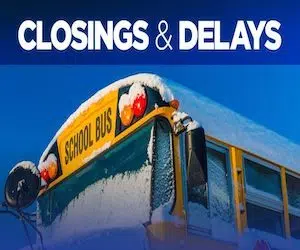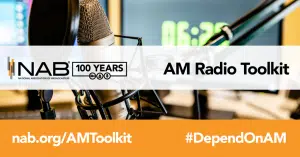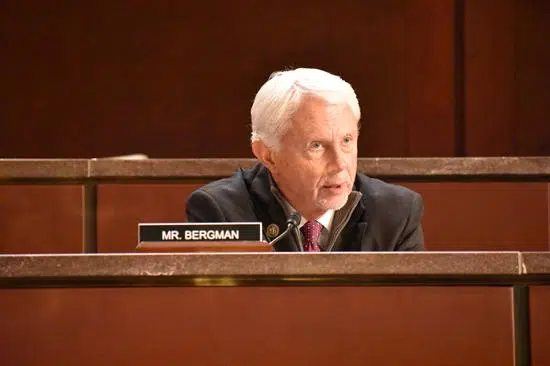While Michigan residents work collectively to flatten the curve in our fight against COVID-19, the impact of social distancing may leave many with idle time, frustrations and anxiety. For a problem gambler, the impact may be greater.
“We know that even with decreased opportunities for gambling, stress and anxiety can increase the urge to gamble for someone who struggles with a gambling addiction,” said Alia Lucas, Gambling Disorder Program specialist with the Michigan Department of Health and Human Services. “Despite social distancing-related closures, online and sports betting remain concerns, and we want community members to know there is help for anyone trying to manage urges to gamble.”
According to the National Council on Problem Gambling, casino closures and quarantines may exacerbate existing gambling behaviors with increased engagement in non-traditional gambling activity.
The lottery, online gaming and sports betting continue to provide opportunities to gamble. If you suspect that you or someone you love may struggle with gambling addiction, particularly while social distancing during the coronavirus pandemic, it’s important to consider if that person has ever gambled, or borrowed to gamble, in order to solve financial difficulties or to combat worry, trouble, boredom or loneliness.
If the answer is yes, the Michigan Problem Gambling Helpline, 800-270-7117, is open for crisis intervention and referral to treatment – even during the COVID-19 crisis. Trained and experienced counselors are available 24 hours a day, seven days a week by phone or virtually to provide immediate help to address issues related to gambling disorder, including screening services and referrals to treatment or support groups.
Nationwide, 2 million U.S. adults are estimated to meet criteria for problem gambling in any given year. Another 4-6 million would be considered to have a mild to moderate gambling problem. According to the Michigan Association on Problem Gambling, it is estimated that only about one out of every 10 problem gamblers ever seek treatment. This means that 90 percent of gamblers continue to struggle with gambling without the benefit of professional help.
The Michigan Problem Gambling Helpline, 800-270-7117, has helped thousands of people get their lives and their finances back on track after an experience with gambling addiction. During the COVID-19 crisis, it’s important now more than ever to pay attention to our mental and behavioral health. To learn more about problem gambling, visit Michigan.gov/ProblemGambling.
As this outbreak is evolving rapidly, the latest information is available at Michigan.gov/Coronavirus and CDC.gov/Coronavirus.























Comments